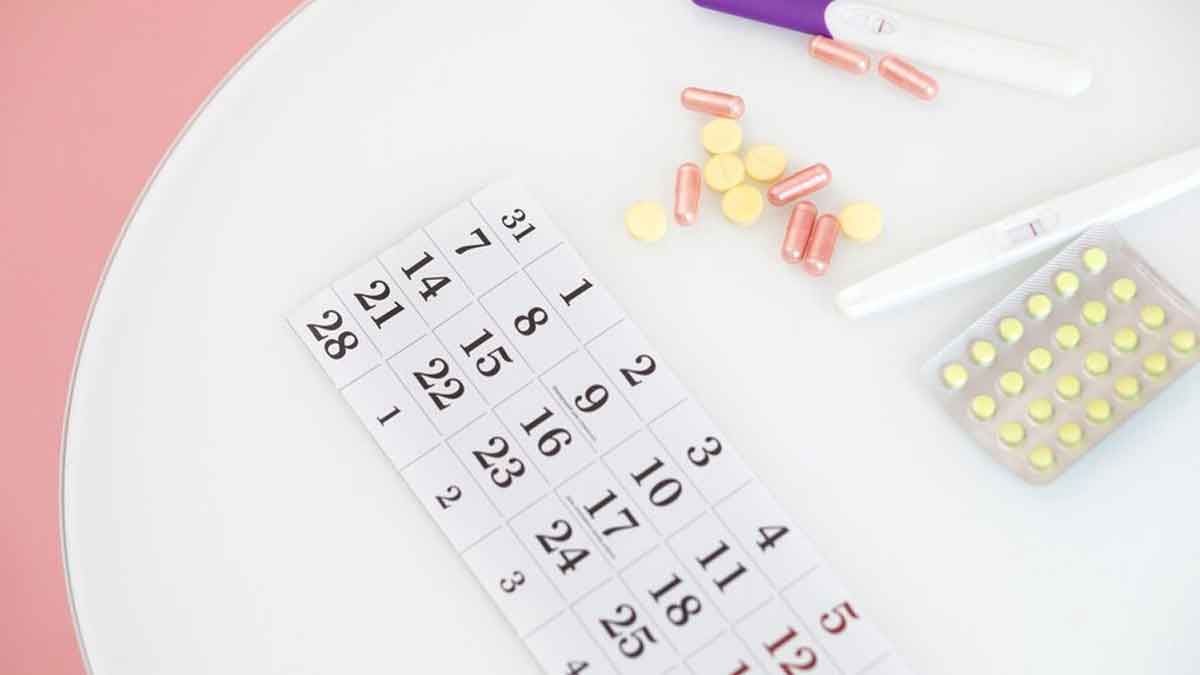
Feeling nauseous, pukish and tired in the morning? In a mood to cry an ocean for no reason at all? Pregnancy scare? Maybe you’re overthinking. It can possibly be the side effects of the ‘morning after pill’ or emergency contraceptive pill that you took a day ago.
Table of Content:-
Many young women are not aware of what measures should be taken in case of contraception failure or if they know, they’re not acquainted with the side effects. Only My Health, with the help of Dr Anupriya Maharshi, Obstetrician, Gynaecologist and Associate Professor, MGM Medical College and Hospital, Aurangabad, has listed down everything you need to know about emergency contraceptive pills.
What is An Emergency Contraceptive Pill And How Does It Work?

An emergency contraceptive pill is used after contraception failure or in case of unprotected sexual intercourse to prevent unwanted pregnancy. Commonly called the ‘morning after pill’, it is advised to be taken within 72 hours of the intercourse. Doctor says, the sooner you take it, the better it will work.
Dr Maharshi explained how emergency contraceptive pills work. Dr Maharshi said, "Most of the pills contain levonorgestrel, which works by preventing or delaying ovulation (release of egg from) or preventing fertilisation, depending on a woman’s menstrual cycle. The contraceptive pill thins the inner lining of the uterus, endometrium, so that the fertilised does not get implanted and hence, pregnancy is prevented. The main function of thickened endometrium is to implant fertilised egg in the uterus."
Also Read: 8 Safe Contraception Methods That Women Can Consider During Breastfeeding
Side Effects Explained
An emergency contraceptive pill prevents or delays ovulation, which ultimately disturbs the natural menstrual cycle leaving a few side effects.
Common Side Effects:
- Nausea and vomiting
- Sore breasts
- Headache
- Stomach cramps
- Constipation
How Does It Affect Your Menstrual Cycle?
Depending on the time of the consumption of the emergency pill, your period cycle might get disrupted for a month or two. If you take the pill in the second or third week of your menstrual cycle, you might get your periods early. If taken in the fourth week of your cycle, periods might slightly get delayed. The pill taken during ovulation, might result in periods coming near to your scheduled time.

Extreme mood swings during PMS, severe cramps, heavier bleeding than usual or just light bleeding to spotting, unusual vaginal discharge are some other changes you might see in your periods after consuming emergency contraceptive pill. You might even experience irregular cycles for 2-3 months, but the pill does not have any prolonged side effects.
Does This Pill Lead To PCOS/PCOD Or Worsen Your PCOS/PCOD?
Clarifying this common query of many young women, Dr Maharshi said, “No, this pill has temporary effects on your menstrual cycle which can stay for two to three months. It does not cause PCOS or PCOD. If you’re already suffering from either of the two, it might lead to irregular cycles for a month or two but it does not have any prolonged side effects.”
Also read: Can You Get Sexually Transmitted Infections (STIs) Without Sex? Doctor Answers
When To See Your Doctor?
Within 7-10 days of consuming the emergency pill, you might either get your period or experience spotting depending on your period cycle. If it gets delayed, or you’re experiencing just spotting for more than the usual number of days, you should check with your doctor. Do not delay in meeting with your doctor in such cases.
Dr Maharshri emphasised on the fact that emergency contraceptive pills can prevent pregnancy and not end one. If a woman is already pregnant, the consumption of pill will not affect the pregnancy. Moreover, emergency contraceptive pills are not 100% effective. These pills are just for emergency purposes but sometimes it might fail. And that the spotting can be a result of pregnancy, so always meet your gyno after taking an emergency pill.
What Are The Alternatives To Prevent Unwanted Pregnancy?

Copper IUD (Intrauterine Contraceptive Device) also called Copper T is one of the most effective alternatives for emergency contraception or contraception in general. It is a T shaped device made of copper and it is placed in your uterus to prevent pregnancy. It does not let sperm reach your egg.
Doctor also suggested the 21-day birth control pills for contraception for those who are looking for regular contraception as you cannot be using emergency contraception on a regular basis.
Also watch this video
How we keep this article up to date:
We work with experts and keep a close eye on the latest in health and wellness. Whenever there is a new research or helpful information, we update our articles with accurate and useful advice.
Current Version